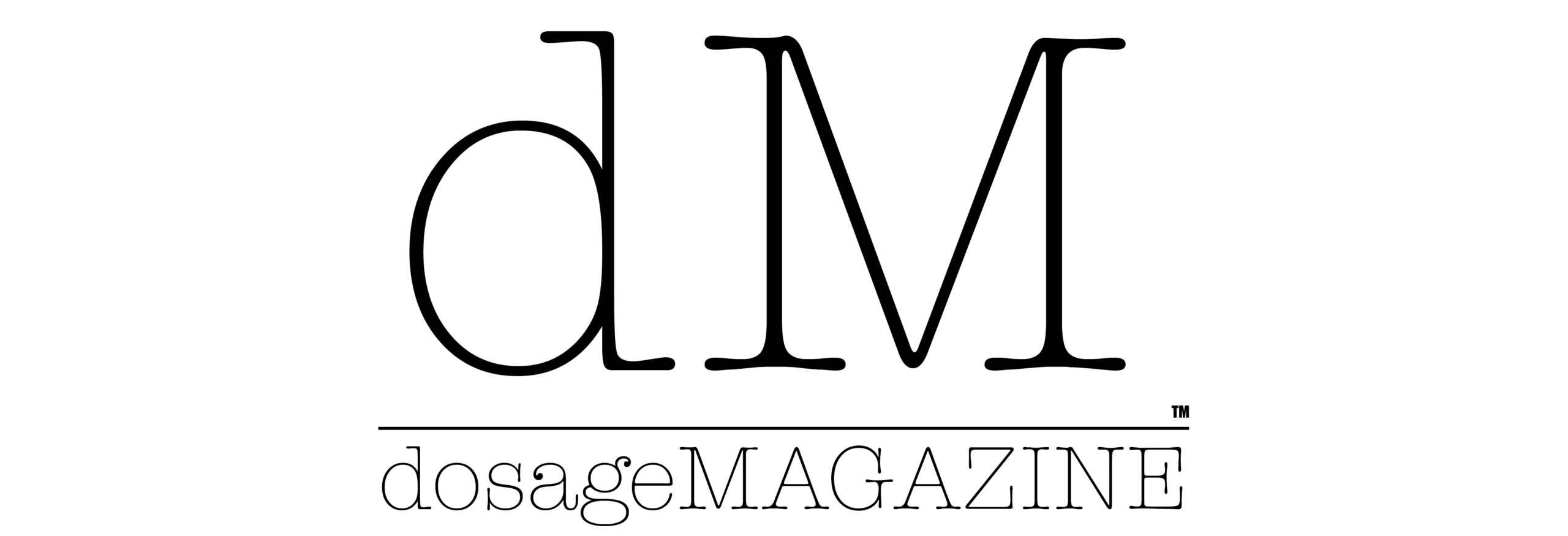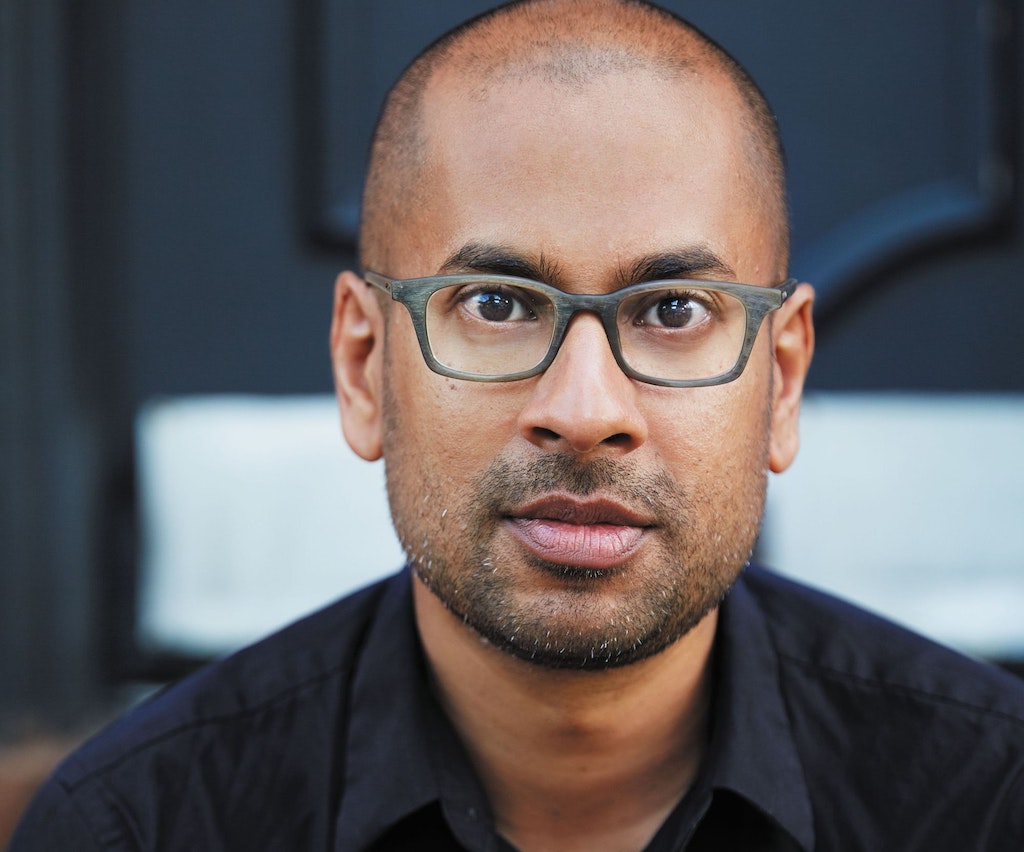
Philly’s Carmen Maria Machado and the Philadelphia Free Library welcome author, Rumaan Alam and his new book, “Leave the World Behind.”
If there is one bracing pandemic-era novel that will surely resonate long after Covid’s every variant has dissipated, it is that of best-selling author Rumaan Alam and his Leave the World Behind. Published last October, this cleverest of writers tensely tackles, dramatically and humorously, issues of class, race, justice and the Apocalypse through the lens of two families, forced together, in crisis. The distance and loneliness that ravaged so many of us (still) are as equal partners in Alam’s prose as is his protagonist. Riveting stuff is this; and worth a discussion.

With famed Philadelphia sci-fi focused essayist and short story writer Carmen Maria Machado as the evening’s host, the Free Library of Philadelphia welcomes Rumaan Alam to its virtual stage for a reading and a talk, Thursday, December 2 at 7:30. And while we didn’t have crazy amounts of time for a long interview, Alam did answer two quick questions for dosage MAGAZINE, both of which give you a feel for where Leave the World Behind leaves off.
A.D. Amorosi: Obviously, most non-virtual author touring and reading dates, such as your own, were delayed due to the pandemic. Considering that so much of Leave the World Behind has existential dread and manic panicking at its heart, what have you learned about yourself through its writing where panic is concerned? How did having to live through Covid plus quarantines heighten that?
Rumaan Alam: I’m not sure what I learned about myself through the process of writing this book. And I’m not sure we can answer, any of us, what the experience of living through the past two years has done to us. Even for those of us lucky as I have been through all this, there is some psychic effect of the uncertainty and fear of these times. What can we do besides trust in science and continue to move forward?

A.D. Amorosi: Can you talk about making Leave the World Behind genuinely humorous. I don’t just mean bleak or blackly humorous, either. Where there should be something maudlin, you’ve made it merry. Something sorrowful often seems silly. Were greater laugh-lines an initial goal of its writing? Do you find that you punched up its hardcore humor through re-writes… perhaps realizing you were on a roll?
Rumaan Alam: I’m thrilled when a reader finds this book funny because that was my hope for it. I don’t really remember the writing of this book, in part because I think the book accrues over periods of drafting and revision, I just live inside of it as much as possible for as long as it’s gestating. One day I add a joke or a scene or a scare or a twist, the next I remove them, change them, tinker with a sentence. One thing I know is that I never felt on a roll, though I’d like to know how that might feel.
About Post Author
Discover more from dosage MAGAZINE
Subscribe to get the latest posts sent to your email.

